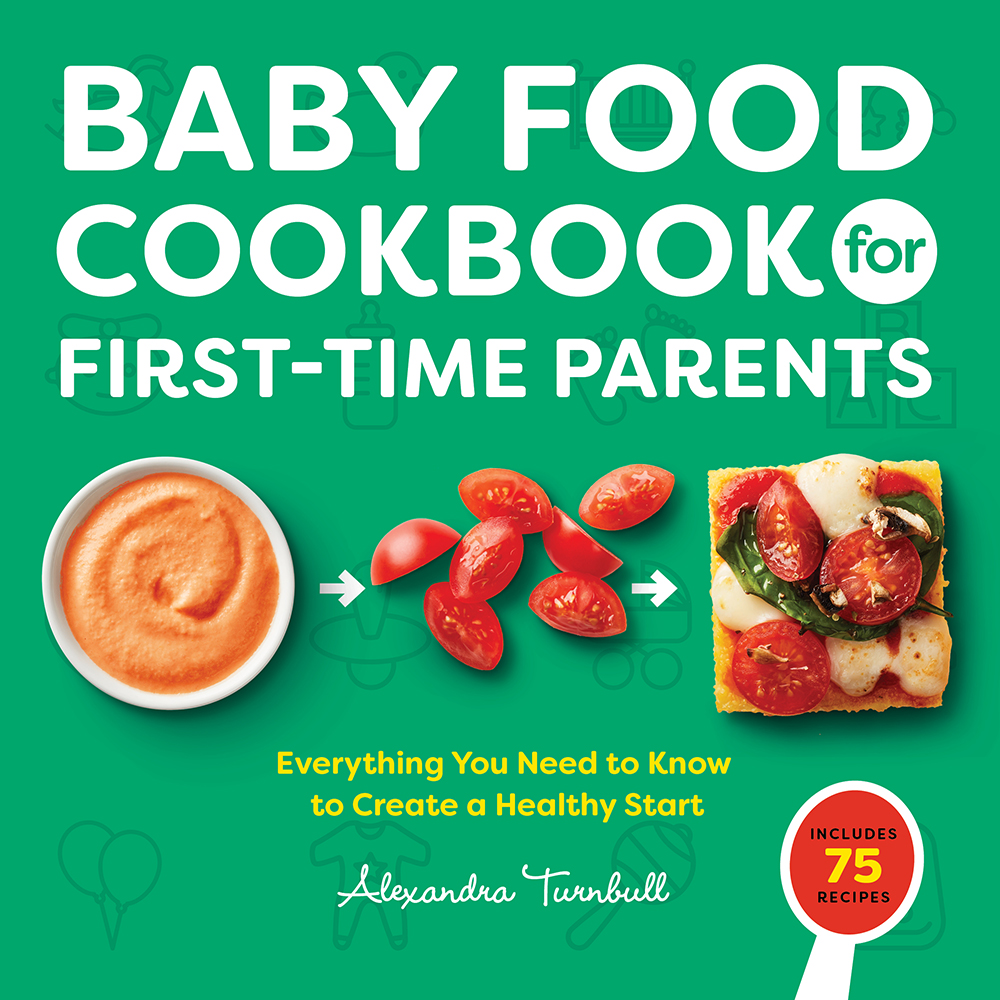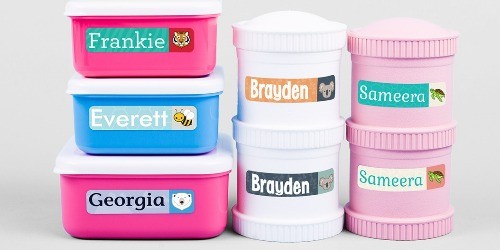This post is sponsored by the Egg Nutrition Center. All opinions are my own.
It’s easy to get wrapped up in all the things you should or shouldn’t feed your kids. Parenting can quickly become full of guilt if you choose to go down this path.
That’s why I say it’s more important to focus on what you can add in versus take out.
When it comes to feeding your kids, if there’s one food that you should make sure you’re adding to their menu, it’s eggs. Why? Well, eggs are an affordable and nutrient-dense food that is also very quick and easy to make.
Not sure what eggs have to offer? You’re in the right place. I’ll explain five reasons why kids should eat eggs, whether or not you should let them eat the yolk, and if it matters what kind of eggs you purchase.
If you need inspiration on ways to cook eggs, you can check out 11 different ways to cook eggs for your picky eater here.
Table of Contents
Nutrients in Eggs
When it comes to feeding your family, eggs are a great option for so many reasons.
First off, they’re a nutrient-rich powerhouse with essential vitamins and minerals and if you have a picky eater at home who has a hard time trying new foods, they’re even more important!
Eggs also contain high-quality protein with one large egg providing 6 grams of protein. For many toddlers, that’s almost half their daily protein needs.
While protein deficiencies aren’t typically a concern in the United States, eating animal protein like chicken, beef and fish can be tricky for picky eaters.
Eggs are one of the only foods that naturally have Vitamin D (1 mcg per large egg), which along with calcium, is critical for building strong bones.
Maybe I already have you convinced. If not, keep reading and I’ll go further in-depth as to why eggs should be on your menu to optimize your child’s growth and development.
Why Your Kids Should be Eating Eggs
Early Allergen Introduction
Eggs are considered one of the top 9 food allergens and are in so many different foods, some that you may not even realize.
Research has actually shown that it’s important to offer common food allergens, like eggs and peanut-containing foods, around four to six months of age, when baby is developmentally ready for solid foods, to help reduce the risk of developing food allergies.
Plus, if you hold off offering eggs, your baby is missing out on valuable nutrition beneficial to their growth and development.
Keeps them Fuller Longer
Eggs have high-quality protein, and because protein takes longer to digest than your child’s favorite carbohydrate-rich snack, it will help keep them fuller longer.
It’s to your benefit to provide them a protein-rich food like eggs so they’re not constantly requesting a snack five minutes after breakfast, lunch, or dinner.
Brain Health
The Dietary Guidelines for Americans (DGA) recommends eggs as a first food for infants and toddlers due to their many nutritional benefits.
Specifically, egg yolks contain choline, which is an essential nutrient starting from fetal development for optimal brain health.
The DGA’s also show that Americans, including infants and toddlers, aren’t meeting the recommended choline intake. One large egg contains the daily choline recommendation for babies and toddlers, and two large eggs over half the daily choline needs for lactating women.
Heart Health
Many people have feared the cholesterol in eggs for decades, but that’s no longer necessary. The cholesterol restriction was removed from the Dietary Guidelines for Americans back in 2015 and the American Heart Association includes eggs as part of heart-healthy eating patterns.
Plus, it’s actually diets high in saturated fat which has the biggest impact on a person’s cholesterol levels. And most of the fat in eggs is unsaturated, good-for-you fat which is great for heart health.
Bone Health
With 6 grams of high-quality protein per large egg, eggs help support bone health during your child’s rapid growth and development.
Eggs are one of the only foods that naturally have Vitamin D (1 mcg per large egg), which along with calcium, is critical for building strong bones.
Can You Eat the Yolk?
Absolutely. Forget what you’ve heard about going yolk free to minimize cholesterol intake. The U.S. Dietary Guidelines for Americans no longer consider cholesterol a nutrient of concern.
In fact, you should be eating the yolk, especially because it’s the part of the egg that contains choline, a nutrient that supports brain health. One large egg provides the daily choline recommendation for babies and toddlers, and two large eggs have over half the daily choline needs for lactating women.
| Age | Male | Female | Pregnancy | Lactation |
| Birth to 6 months | 125 mg/day | 125 mg/day | ||
| 7-12 months | 150 mg/day | 150 mg/day | ||
| 1-3 years | 200 mg/day | 200 mg/day | ||
| 4-8 years | 250 mg/day | 250 mg/day | ||
| 9-13 years | 375 mg/day | 375 mg/day | ||
| 14-18 years | 550 mg/day | 400 mg/day | 450 mg/day | 550 mg/day |
| 19+ years | 550 mg/day | 425 mg/day | 450 mg/day | 550 mg/day |
The yolk is also where you’ll find Vitamin D and iron, two very important nutrients for children (and adults too!).

How Many Eggs Should My Kids Eat?
It’s easy to get caught up in numbers and amounts, but no one food should be eaten in excess and instead, a wide variety of food groups, colors, textures, and flavors should be prioritized. Eggs should be just one of many foods you eat throughout the week.
With that being said, because one large egg contains the daily recommendations of choline for both infants and toddlers, it’s perfectly safe to allow one egg per day, but if they’d like more, you don’t have to restrict them to only one egg.
Eggs have so many valuable nutrients, especially for your child’s rapidly developing brain and body. It’s okay for them to have more.
Instead, focus on the big picture and the overall variety within their diet. Eating too much of any one food has its downsides too, even fruits and veggies.
Are Cage-Free or Organic Eggs Better for you?
Regardless of the kind of egg you purchase and how the hens were raised, any type of egg will still provide a wide variety of valuable nutrients.
While you may have heard otherwise, there’s actually no nutritional difference between white or brown eggs. The difference in color is simply due to the breed of the hen. So purchase the variety that you’d like.
What about Liquid Eggs?
Liquid eggs can be a quick and easy way for people to enjoy eggs without all the cracking, especially if you’re making eggs for a crowd.
If you’re choosing only egg whites, you’ll obviously be missing out on the nutritional benefits from the yolk, such as choline, iron, fat, and vitamin D.
Conclusion
As a dietitian and mom of two young children myself, I highly recommend including eggs in a variety of ways in your weekly menu.
The cholesterol restriction was removed from the Dietary Guidelines for Americans quite a few years ago and eggs can be eaten as a part of a healthy diet for the whole family.
Eggs are a nutrient powerhouse with essential vitamins and minerals, along with high-quality protein making them a good choice for your infants, toddlers, and for sure, any picky eaters.
Five reasons why kids should eat eggs:
- Early potential allergen introduction can help reduce the risk of developing an egg allergy
- Keeps them fuller longer
- Helps support brain health
- Can be included in heart-healthy eating patterns
- Has important nutrients for bone health
As long as your child doesn’t have an allergy to eggs, it’s completely safe to offer one egg per day and if they want more, that’s okay too.
There is no nutritional difference between white or brown eggs, or organic and cage-free.
Egg Recipes You Will Love!
The wonderful thing about eggs, besides their excellent nutritional benefits, is their versatility. Check out 11 ways to cook eggs for your picky eater here.
Blueberry Banana Avocado Muffins





